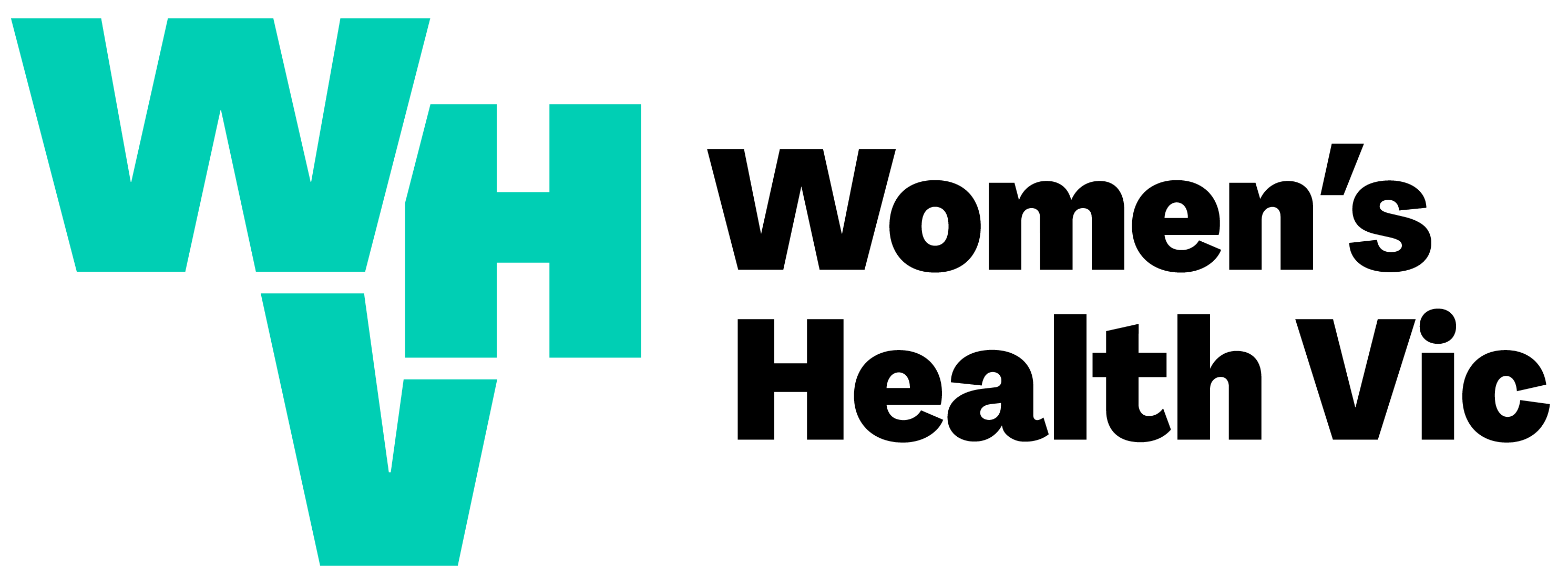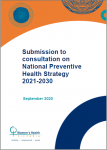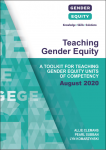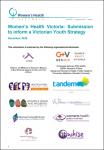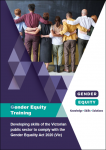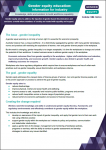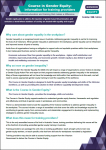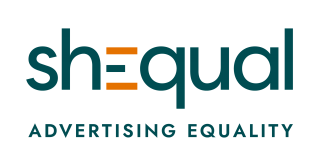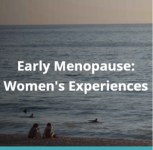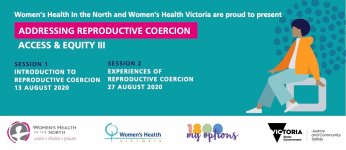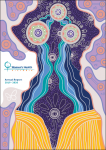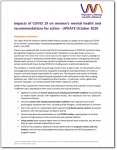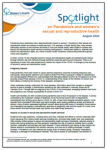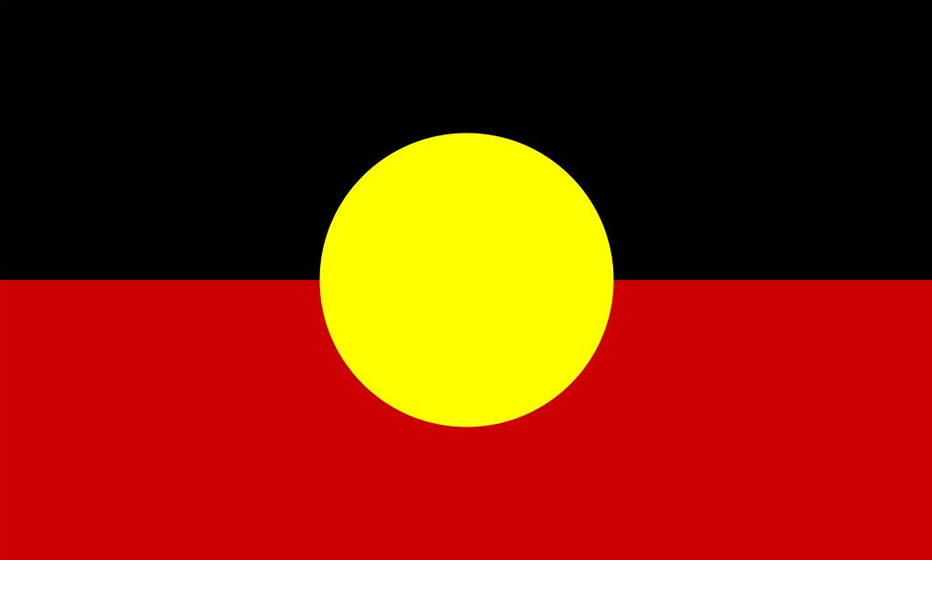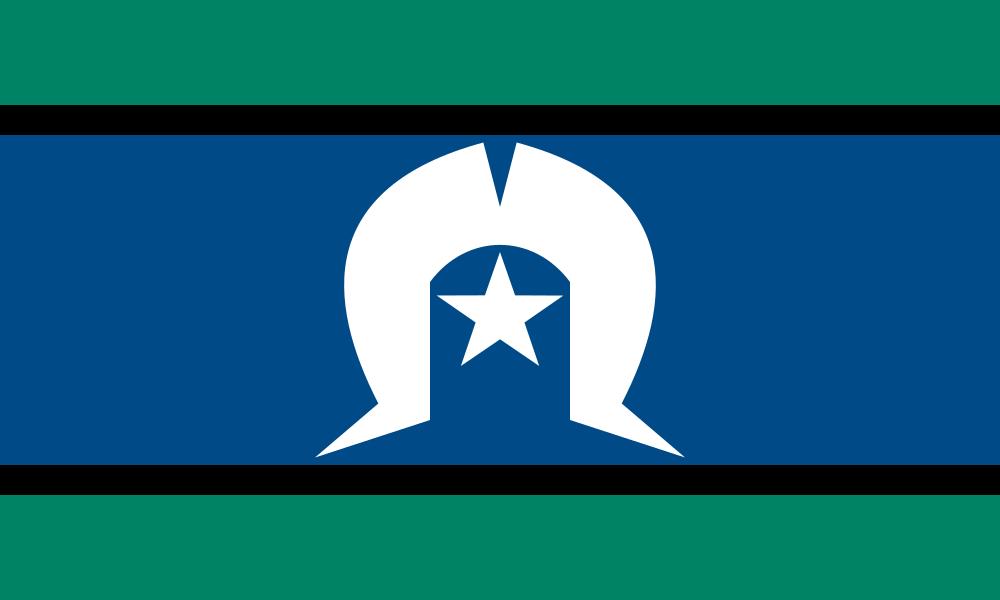This submission responds to the consultation paper informing the development of the National Preventive Health Strategy 2021-2030.
This framework is an Australian-first national blueprint for long-term change to promote gender equality and address the drivers of violence against women in the advertising setting.
This toolkit has been devised to support the teaching and learning of gender equity units of competency. It draws on applied research and highlights practical things to consider and do in preparation for teaching.
WHV’s submission focuses on young women’s mental health, physical health, sexual and reproductive health and the prevention of violence against women, drawing on our areas of expertise and highlighting the importance of promoting gender equality to address poor health outcomes across all these areas.
This report summarises the project, led by Women's Health Victoria from 2018 to 2020, to develop Australian-first accredited gender equity training within the vocational education system.
This brochure provides information of how units of competency from the 22521VIC Course in Gender Equity and the Gender Equity Microcredentials align to the individual and organisational skills and knowledge required to deliver on the obligations of the Gender Equality Act 2020 (Vic.).
This flyer provides information to training providers on how Women’s Health Victoria can provide them with the industry support they need when delivering accredited vocational education and training.
This flyer provides information to industry on the gender equity education available from Women’s Health Victoria and why gender equity education benefits workplaces.
This flyer provides information to training providers on the gender equity education available from Women’s Health Victoria and why gender equity education is an important part of vocational education and training across all industries.
shEqual – an Australian first initiative to realise equality in advertising – launched Monday 23 November 2020 with the support of industry and government leaders.
Early menopause can occur either spontaneously (often without a known cause) or as a result of medical treatment, particularly for cancers. Held on 19 October, this webinar was an opportunity to hear from clinicians with expertise in early menopause to talk about the social impact and also hear first-hand from a woman about the lived experience aspects of early menopause.
In August 2020, Women’s Health in the North and Women’s Health Victoria presented a two-part webinar series, Addressing reproductive coercion: Access and Equity III. These webinars explored the issue of reproductive coercion and the intersection of sexual and reproductive health and violence against women.
The Year In Review celebrates the highlights and essence of the Counterpart service - women supporting women with cancer - over the last financial year.
This annual report contains a review of activities, and achievements of Women’s Health Victoria for the period July 2019 to June 2020.
This compilation of sexual health articles and infographics has been put together by 1800 My Options to mark World Sexual Health Day and International Safe Abortion Day.
This report from the Women’s Mental Health Alliance provides an update on the impacts of COVID-19 on women’s mental health, incorporating data gathered since the publication of our first policy brief in June 2020. A 2021 update is also available.
This paper looks at the impact of gender equity as it relates to education and how teachers can become agents for change through their practice.
This Spotlight features a list of up-to-date and freely available research and resources on the topic of pandemics and women's sexual and reproductive health.
The following is a list of WHV’s recent mental health-related resources and publications.
This submission to the Productivity Submission, written by Gender Equity Victoria (GENVic), Women in Adult and Vocational Education (WAVE) and the Gender Equity Accredited Training Project (WHV), specifically talks to issues relating to ‘options to ensure government investment in VET encourages increased participation in training by all Australians and is commensurate with the outcomes and benefits derived by individuals, business, industry, the local and national economy and society more generally.’
